Wisconsin organization criticizes opening prayers at El Paso County commissioners’ meetings
EL PASO COUNTY, Colo. (KRDO) -- The Board of Commissioners is defending itself against complaints that it violates the separation of church and state concept implied in the U.S. Constitution.
On Feb. 24, commissioners received a letter from the Freedom From Religion Foundation, based in Madison, Wisconsin, and claiming to have 40,000 members nationwide, including 1,300 in two Colorado chapters.
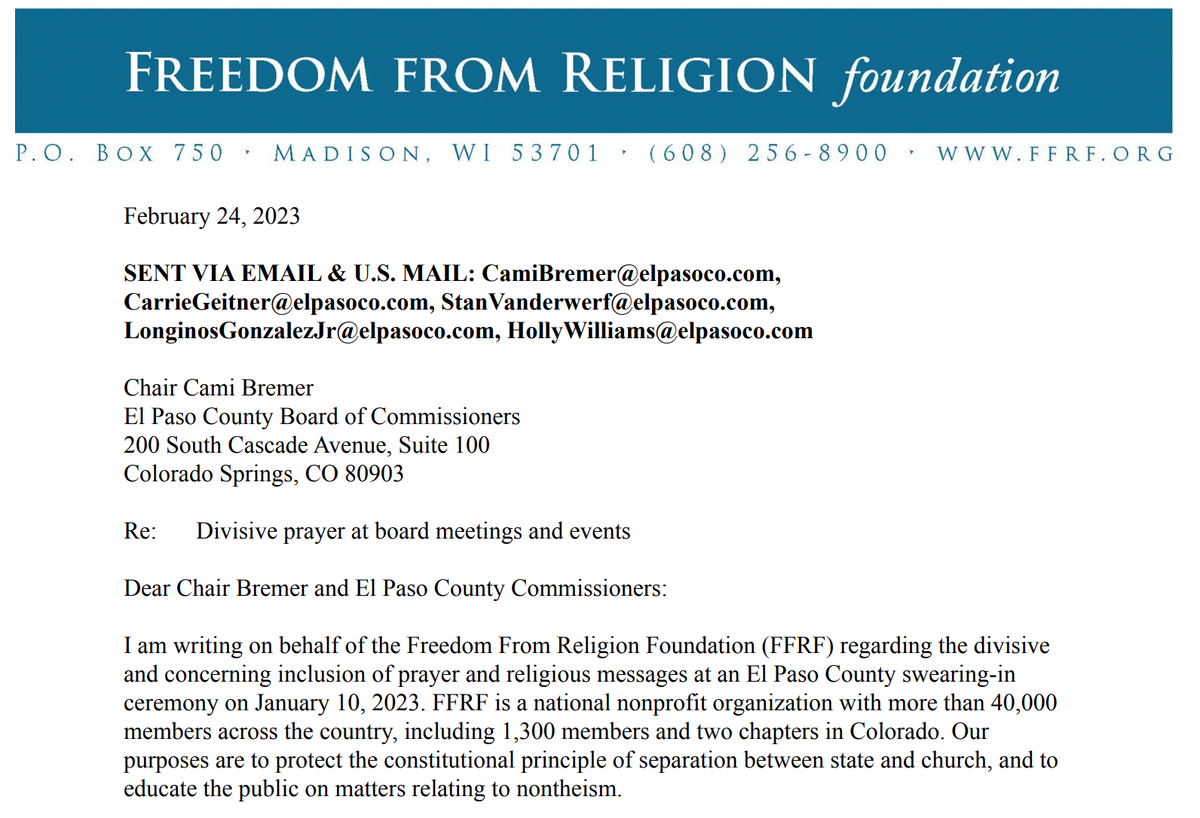
The email was titled: Divisive prayer at board meetings and events and was written by FFRF staff attorney Christopher Line.
Line wrote that, before a swearing-in ceremony of public officials before a Jan. 10 Board meeting, a "concerned... County resident... felt completely excluded and unrepresented" during a prayer by a Christian pastor.
"...this official government event turned into a church service," Line wrote in the three-page email. "Prayer at government meetings is unnecessary, inappropriate, and divisive."
He went on to write: "These prayers exclude the 37% of Americans who are
non-Christian, including the 32% of El Paso County residents who identify as
religiously unaffiliated. It is coercive and intimidating for these nonreligious citizens to come to
a public meeting and be required to either make a public showing of their non-belief or show
deference to a religious sentiment they do not believe in, but which their county commissioners
clearly do."
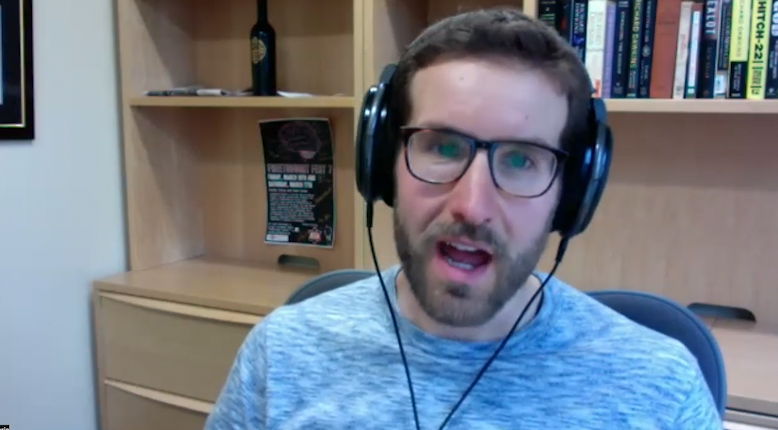
The citizen is a member of the foundation, Line conformed.
"It's sort of to solemnize the event," he said of the January prayer. "But this clearly wasn't about solemnizing. (The pastor) said the Board needs to carry out their judgments and decisions in fear of the Lord. Sort of like fire-and-brimstone preaching language."
Commissioner Carrie Geitner said that she's not surprised by the situation.

"It is a known individual in the community who I believe is a candidate that ran for office -- so maybe is looking for attention or change in a way that would make him comfortable," she explained. "I just think that this is a hostility toward faith, in general. We have a rich history in the U.S. of faith being a part of life. That free exercise clause in the Constitution actually tells us that we shouldn't be expelling this from the public sphere."
Line requested that the Board replace opening prayers with a moment of silence, or end them entirely.
County Attorney Kenneth Hodges responded to the FFRF in an email letter last week.
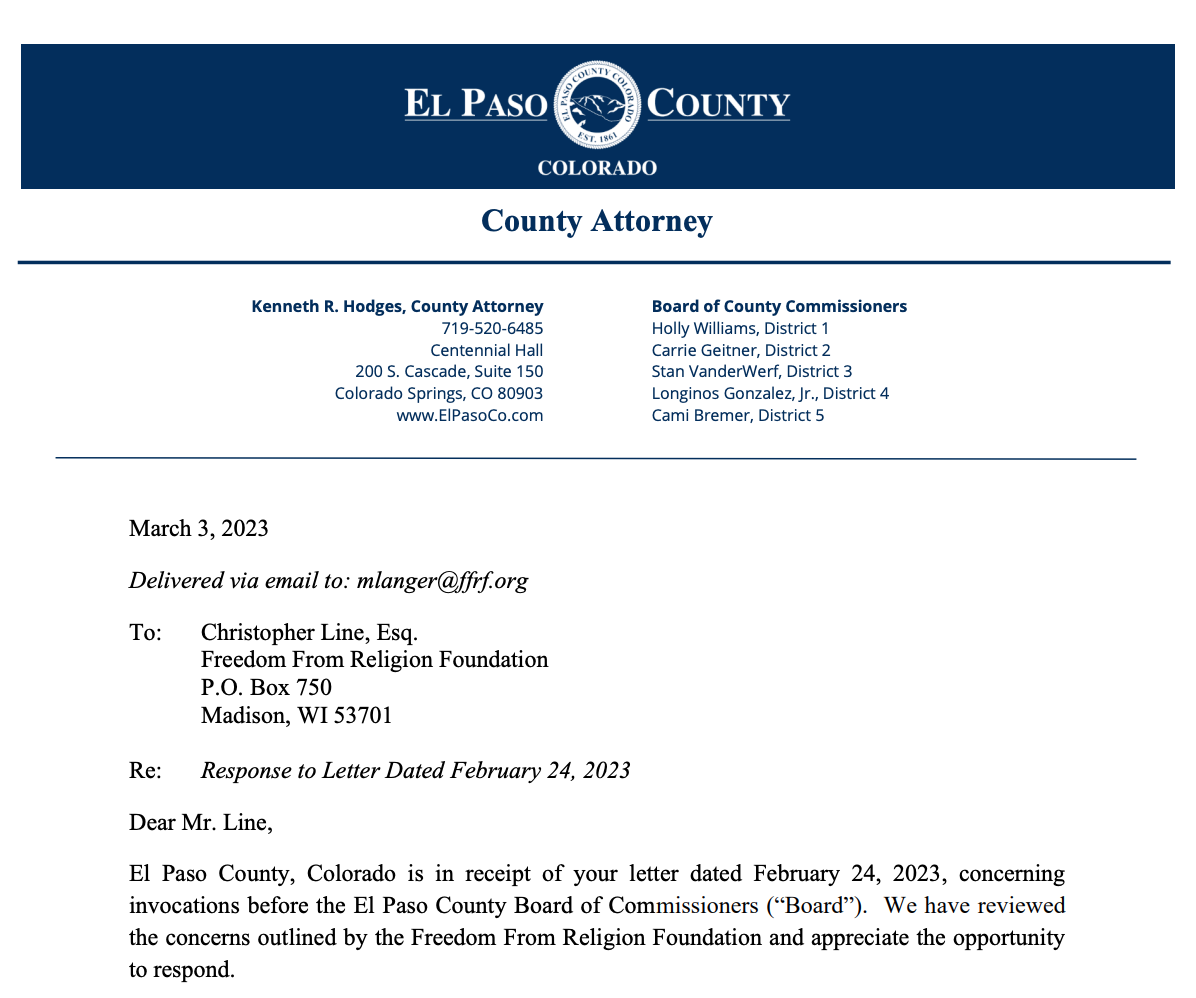
"We have reviewed the concerns outlined by the Freedom From Religion Foundation and appreciate the opportunity to respond," he wrote.
Hodges stated that opening prayers by local, state, and national governmental bodies, are a tradition dating back to the first session of Congress in 1789.

"The tradition, however, is not reserved for any singular religion," he wrote. "The Board welcomes people of all faiths and nontheists alike to take part in this ritual, which sets a tone of gravity and solemnity for the proceedings."
Hodges stated that the opening prayer doesn't endorse a particular faith or even religion in general.
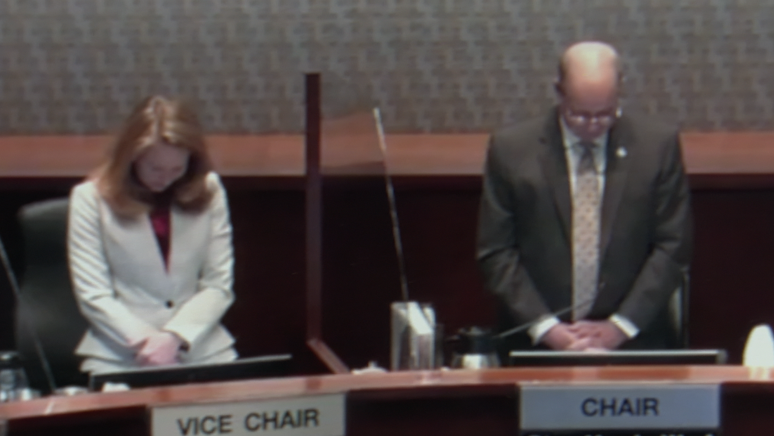
"Participation in the ceremonial activity is completely voluntary, both on the part of audience members and the Commissioners themselves," he explained. "No one involved in the operation of the El Paso County Board of Commissioners takes note if anyone in attendance chooses not to participate, for example, by remaining seated and not bowing their head, or by leaving the room. Certainly, the exercise of that choice is not held against anyone who may appear before the Commissioners on official business."

Hodges stated that the Board always makes an effort to be inclusive of all county citizens, and cited two recent Supreme Court cases supporting the county's stance.
"Recognizing that religions and spirituality come in various forms, the Board has received invocations from Christian and Jewish faiths, the Satanic Temple, and the Humanists Society prior to their Board meetings," he wrote.
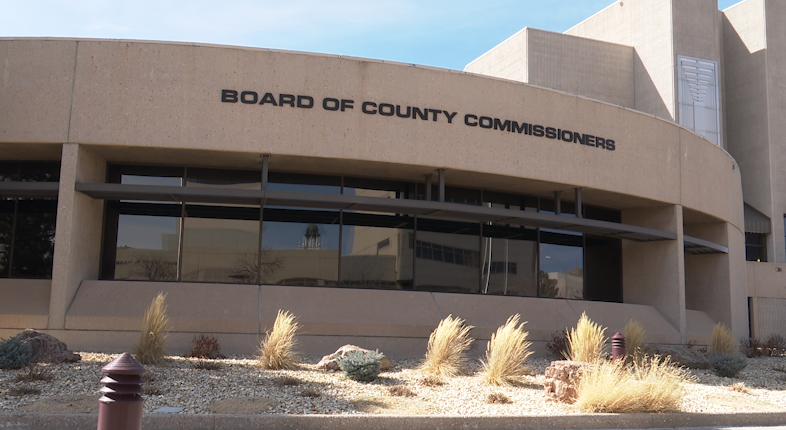
Line said that the foundation will not seek further action after receiving the county's response.
"It doesn't change sort of the policy implications that even if they're allowing non-Christian prayer and other faiths, we still think its inappropriate and we still think it's divisive," he said. "In fact, it could be more divisive."




